Content tagged with "waste management"
Coffee Cups, An Unknown Quantity
12.03.2018.
Annually in the United Kingdom 2.5 billion disposable coffee cups are thrown into rubbish bins. This figure equates to 7 million each day, and enough coffee cups to circle the earth five and a half times each year. Although pretty much all of these coffee cups end up in a bin, how many of them are actually recycled?
more...Monitoring the progress towards circular economy
16.02.2018.
In the transition to a more circular economy, monitoring the key trends is important to understand how the various elements of the circular economy are developing over time and how different actions and policies are contributing towards reaching objectives of circular economy. As part of its effort to implement the Circular Economy Action Plan, in January 2018 the European Commission adopted a new set of measures, including a simple and effective monitoring framework.
more...New European waste legislation
29.12.2017.
After three years of discussions, the European Parliament and Commission reached an agreement with Member States to boost recycling targets and waste prevention across Europe, together with a compromise with Member States on crucial waste laws to accelerate the transition to a circular economy in Europe. Creating a truly circular economy in Europe means having an efficient, accurate and coherent way of seeing how much material is put back into the value chain and recycled...
Waste as a business opportunity
19.12.2017.
In 2015, the European Commission put forward an Action Plan for the Circular Economy with an aim to “to help European businesses and consumers to make the transition to a stronger and more circular economy where resources are used in a more sustainable way.” In a circular economy the value of products and materials is maintained for as long as possible, waste and resource use are minimised, and when products reach the end of their life, they are used again.
more...The importance of waste prevention in sustainable waste management
02.11.2017.
Waste prevention is the first and often the most important step in waste management hierarchy, but also in a broader perspective of an efficient and sustainable resource management. According to the Waste Framework Directive, reducing the amount of waste generated at source and reducing the hazardous content of that waste is regarded as the highest priority. Waste prevention is closely linked with improving production methods and influencing consumers to demand greener products and less packaging.
more...Life cycle thinking in sustainable waste management
03.10.2017.
While following the five-step waste hierarchy should generally lead to the most resource-efficient and environmentally friendly way of dealing with waste, the best choice in a particular situation often depends on a number of specific conditions. In other words, departing from the waste hierarchy is sometimes necessary and Life Cycle Thinking can be used to complement the waste hierarchy in order to identify the best solution for every particular situation.
more...The importance of waste hierarchy in circular economy
15.09.2017.
Article 4 of the Waste Framework Directive introduced a highly influential notion of waste hierarchy, which has established an order of preference for actions in sustainable waste management in order to minimize the amount of waste generated and to improve overall waste management process.
In place of traditional waste management approach consisting of three R’s (Reduce, Reuse, Recycle), the European Union has introduced a more elaborate five-step waste management hierarchy...
E-waste: the fastest-growing waste stream in the EU
28.07.2017.
Waste of electrical and electronic equipment (WEEE) such as household appliances, computers, television sets and mobile phones is one the fastest-growing waste streams worldwide: the 2012 UN report projected that by 2017 global e-waste will increase a further one third from 49.7 million to 65.4 million tons annually. The increase in total amount of e-waste produced is due to multiple factors, such as rapid technology changes, lowering of initial costs, consumer demand, built-in obsolescence and short lifespan of products.
more...Prelog: Best practice in sustainable waste management in Croatia
04.07.2017.
There are several Croatian municipalities with waste management system so advanced that they surpassed not only national recycling rates, but also the European average.
The seven municipalities from Lower Međimurje region, including the city of Prelog and the districts of Goričan, Donji Kraljevec, Sveta Marija, Donji Vidovec, Donja Dubrava and Kotoriba, have in recent years established themselves as international leaders in sustainable waste management...
A growth in grassroots upcycling social enterprises from a Birmingham perspective
07.06.2017.
There is a major surge at grassroots level currently in the UK, of social organisations who are reusing waste and discarded items and recreating completely new items which are then sold on to make a profit. The breadth of organisations in terms of size vary between sole traders to larger organisations with up to 10 employees.
more...Tackling food waste and social exclusion: Homeless Veggie Dinner in Berlin
01.06.2017.
During the 2nd learning activity in the scope of Erasmus+ project Hi4CSR, which took place in Berlin, project partners were presented with a Berlin-based initiative Homeless Veggie Dinner. Dario Adamic, project’s initiator, shared with the Hi4CSR consortium the story behind the project, which ultimately aims to address two very different issues - tackling food waste and social exclusion of homeless people in Berlin.
more...Redefining waste: the case of Material Mafia
31.05.2017.
During the second learning activity in Berlin, Hi4CSR consortium paid a visit to Material Mafia, a grassroots social enterprise based in the district of Berlin-Kreuzberg that explores questions around waste management and waste prevention. Material Mafia’s Simone Kellerhoff showed the consortium innovative and creative ways of upcycling and reuse of used materials, as well as the importance of waste reduction through redistribution, education and networking.
more...New developments regarding the implementation of the Waste Management Plan in Croatia
01.05.2017.
Two months after the adoption of the Waste Management Plan, Croatian government is making steps towards its implementation. On March 30th, the Ministry of Environmental Protection and Energy opened the first public call for projects in the field of waste management and for the construction of recycling yards, which will be co-financed by EU funds.
more...The Waste Framework Directive: Directive 2008/98/EC
19.03.2017.
Directive 2008/98/EC sets the basic concepts and definitions related to waste managament, such as definitions of waste, recycling, recovery. It explains when waste ceases to be waste and becomes a secondary raw material (so called end-of-waste criteria), and how to distinguish between waste and by-products.
more...European Parliament supports more ambitious waste management targets
16.03.2017.
As part of the EU efforts towards creating a circular economy, in 2017 the European Parliament debated and voted on the so called “waste package” proposed by the European Commission and aimed to manage waste more efficiently and effectively throughout the EU. The discussion was centered mainly on how ambitious targets for recycling and landfilling limits should be.
more...The Waste Management Plan in Croatia
The Waste Management Plan is based on the circular economy that will enable the development of recycling industry and generate new “green” jobs. Further on, the emphasis of the plan is to respect the hierarchy of waste management, waste prevention, reuse, recycling and composting.
more...

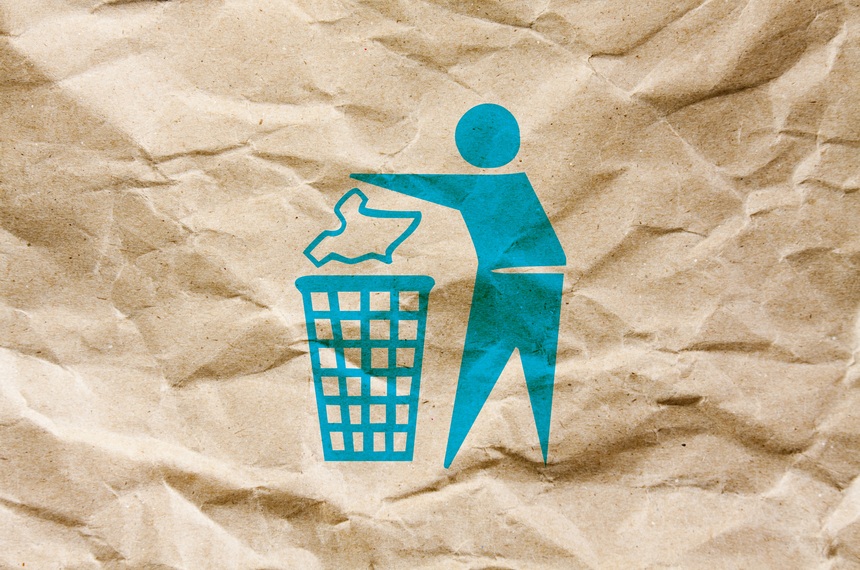
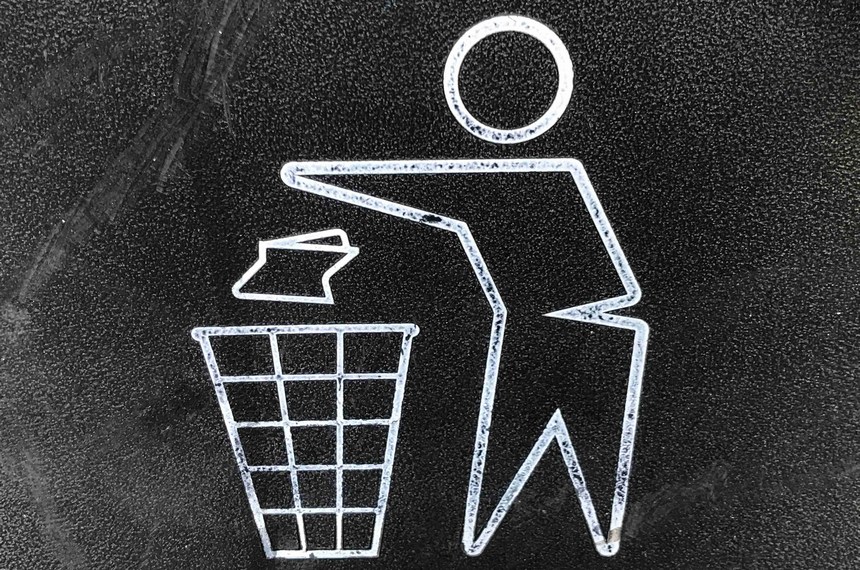
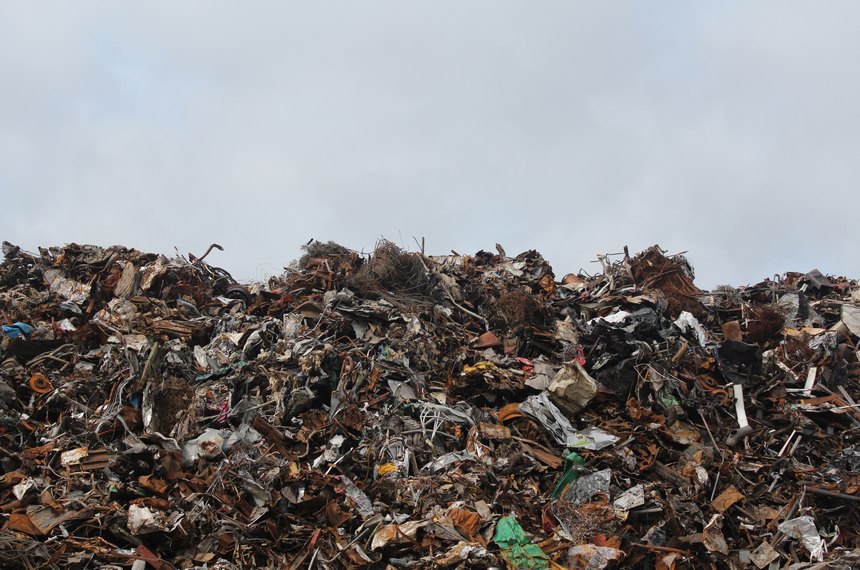
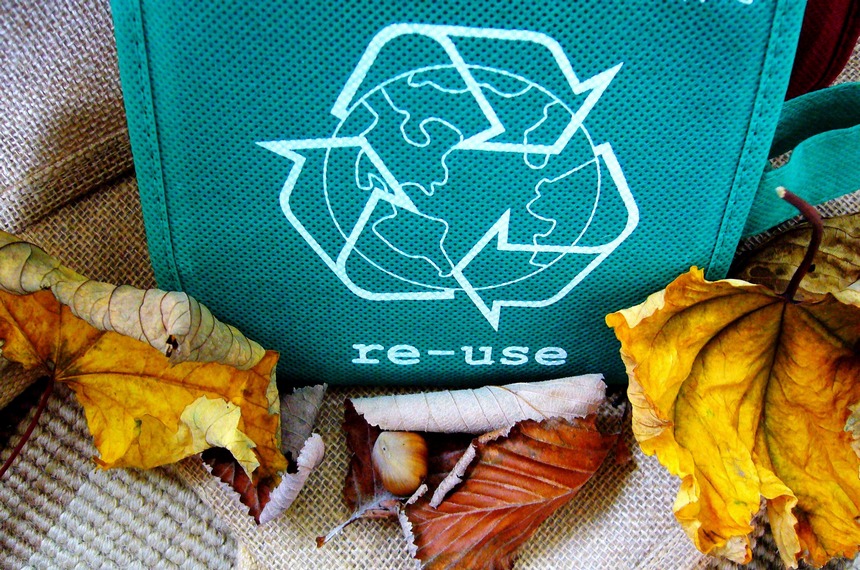
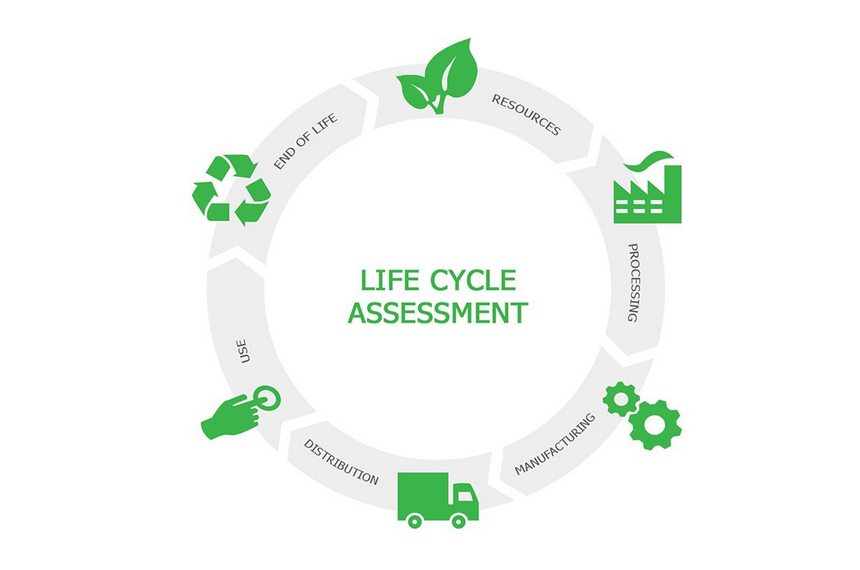
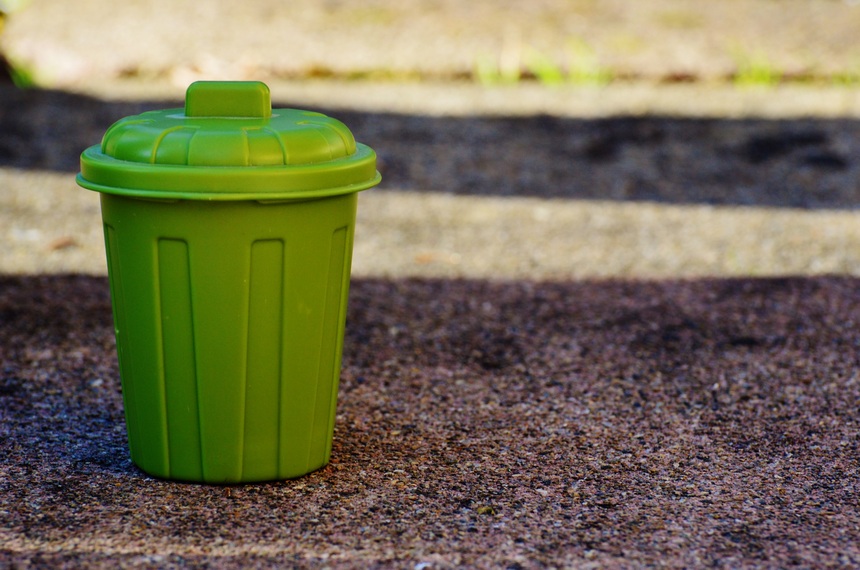
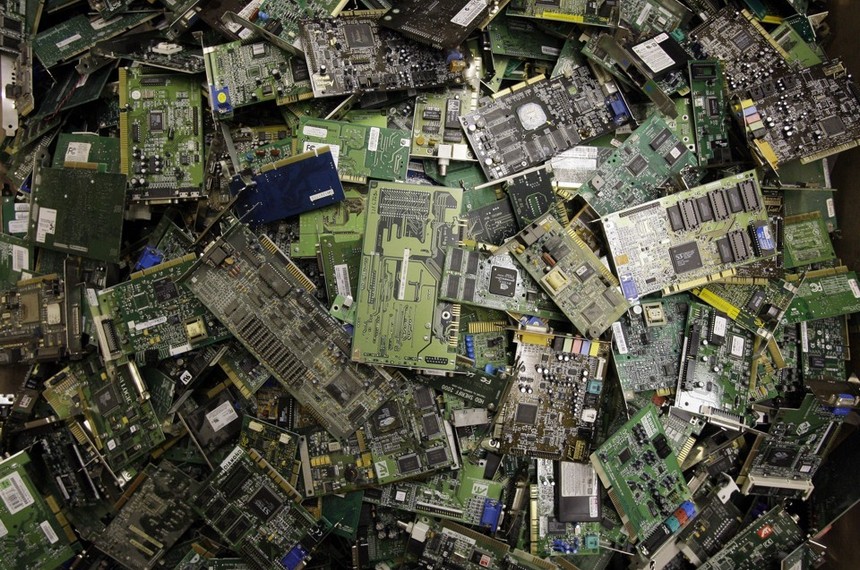
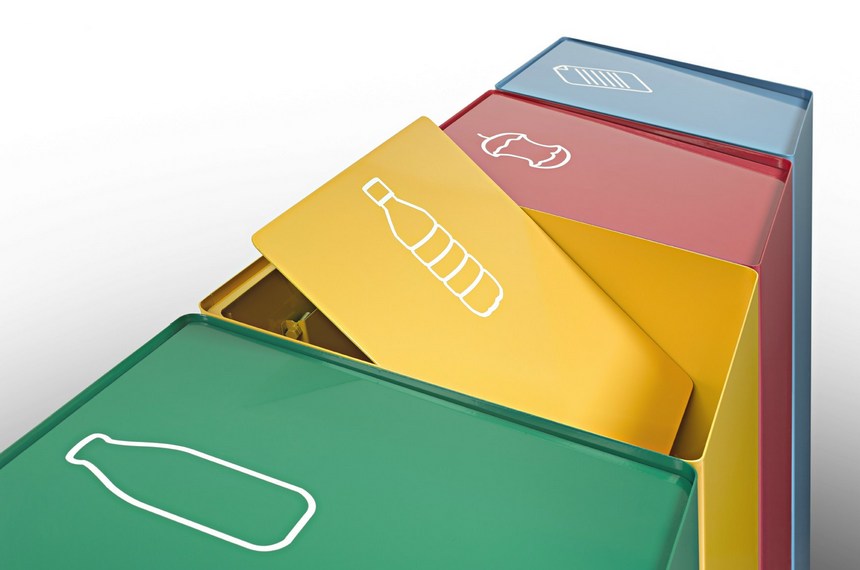
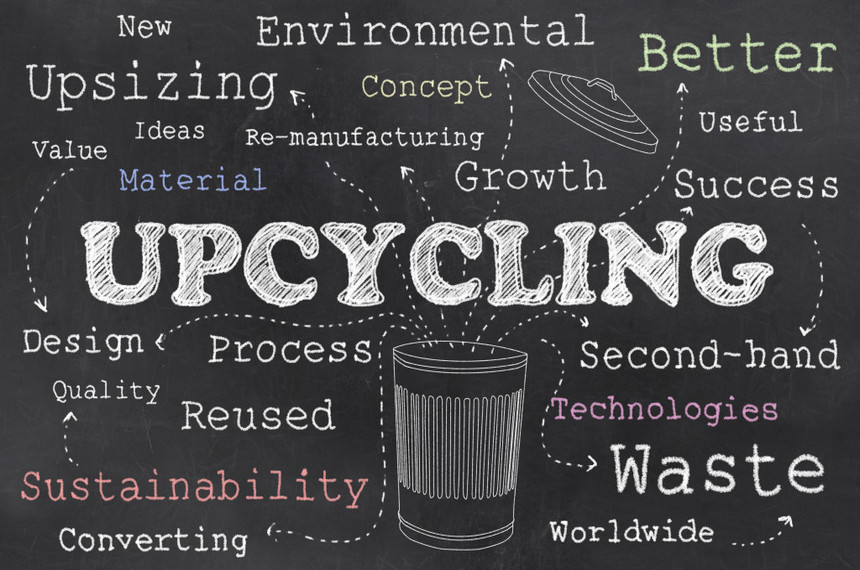
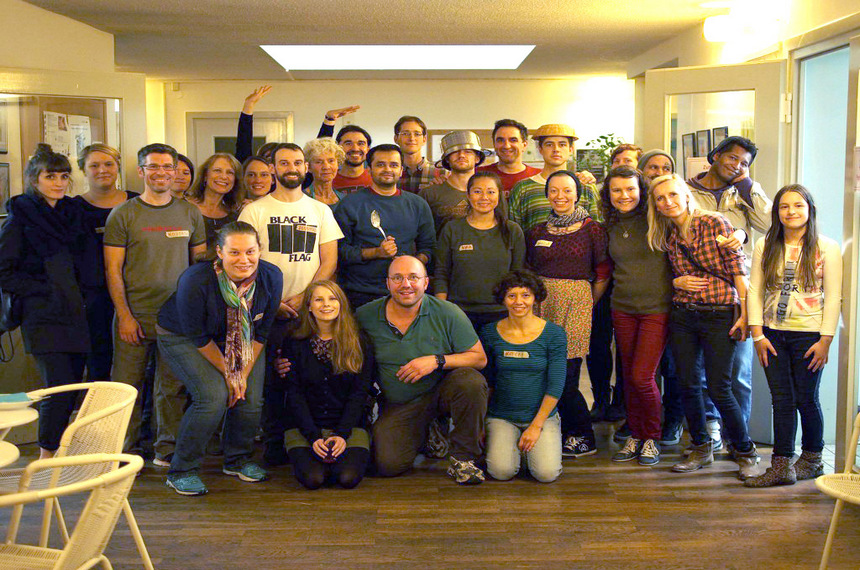
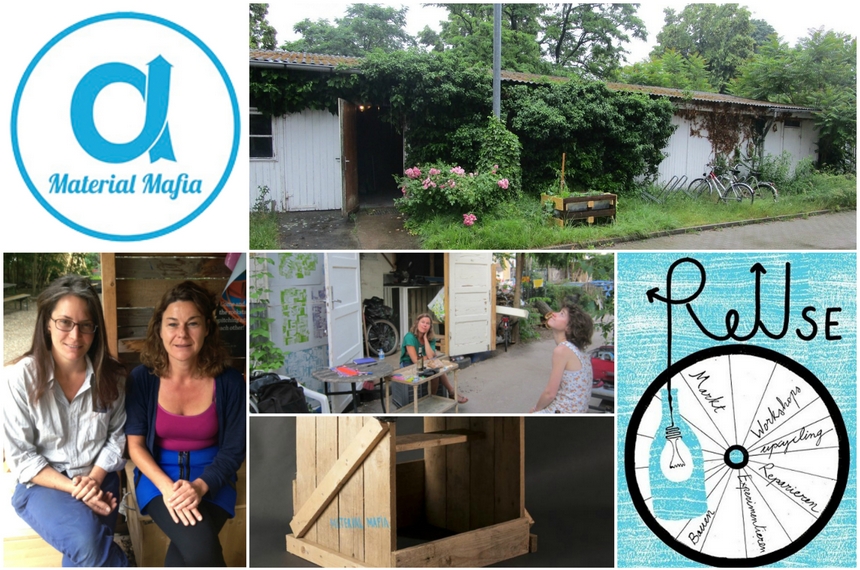
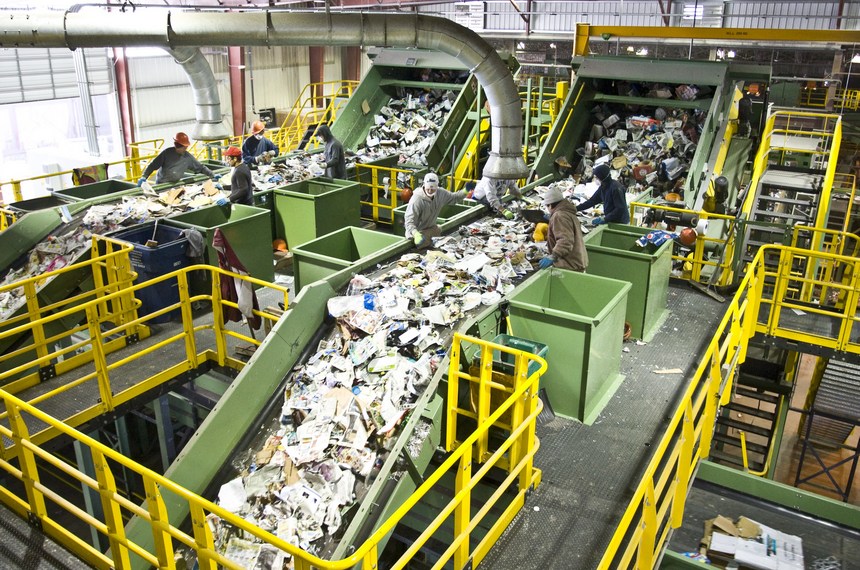

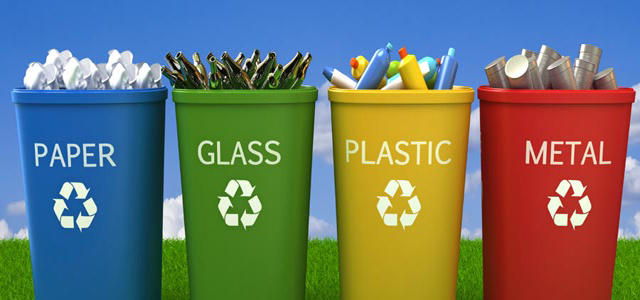

Follow us on